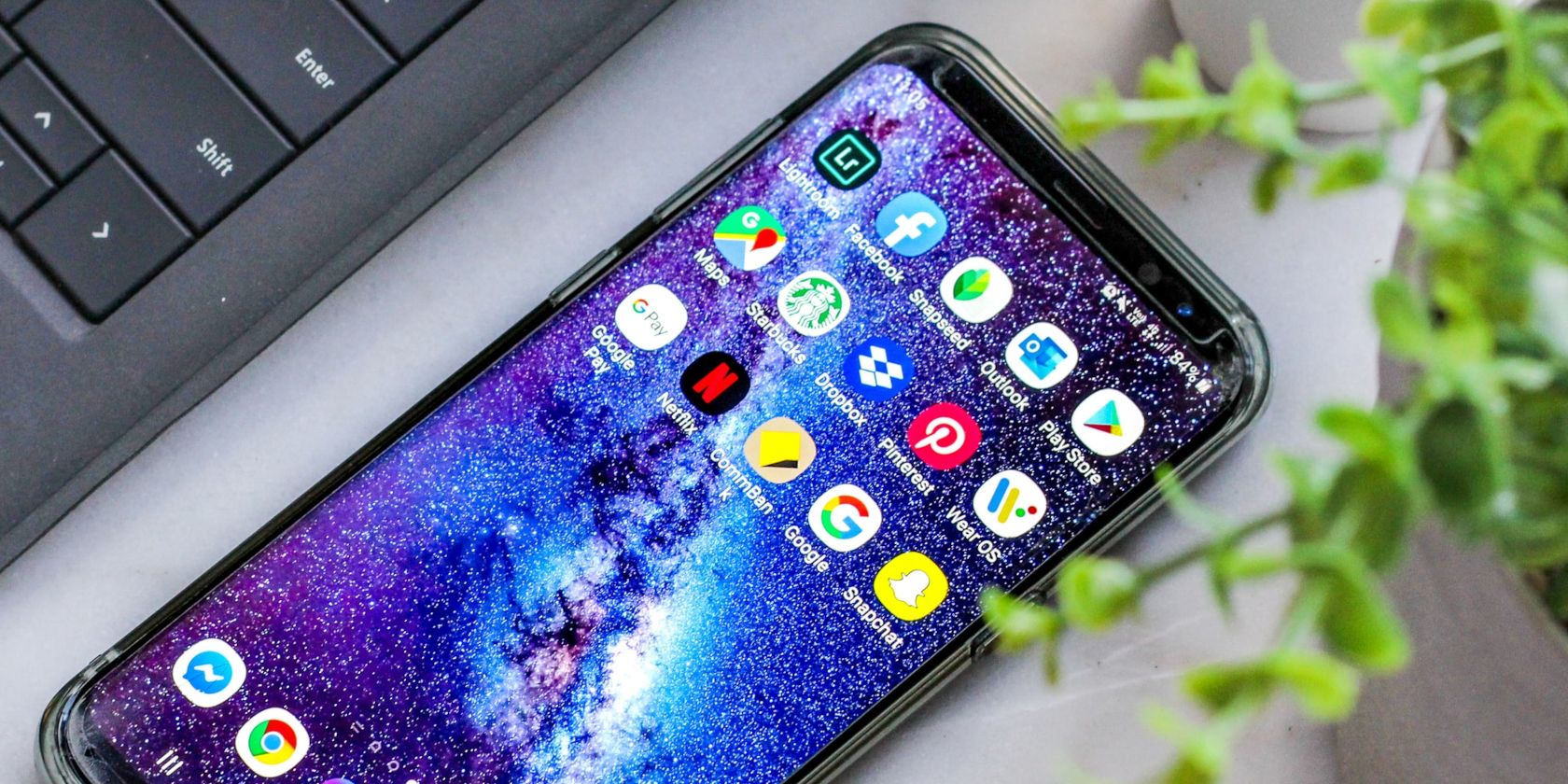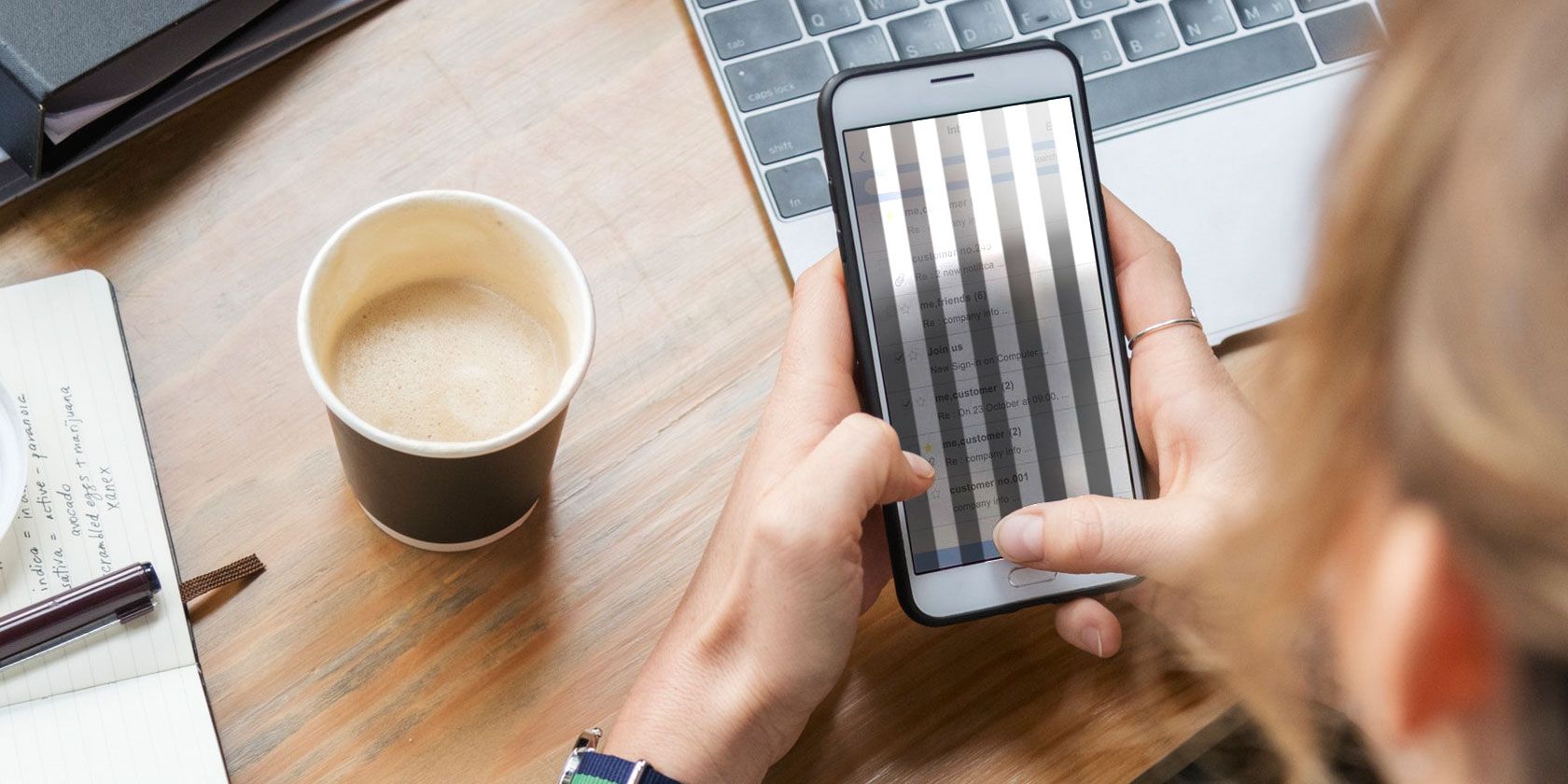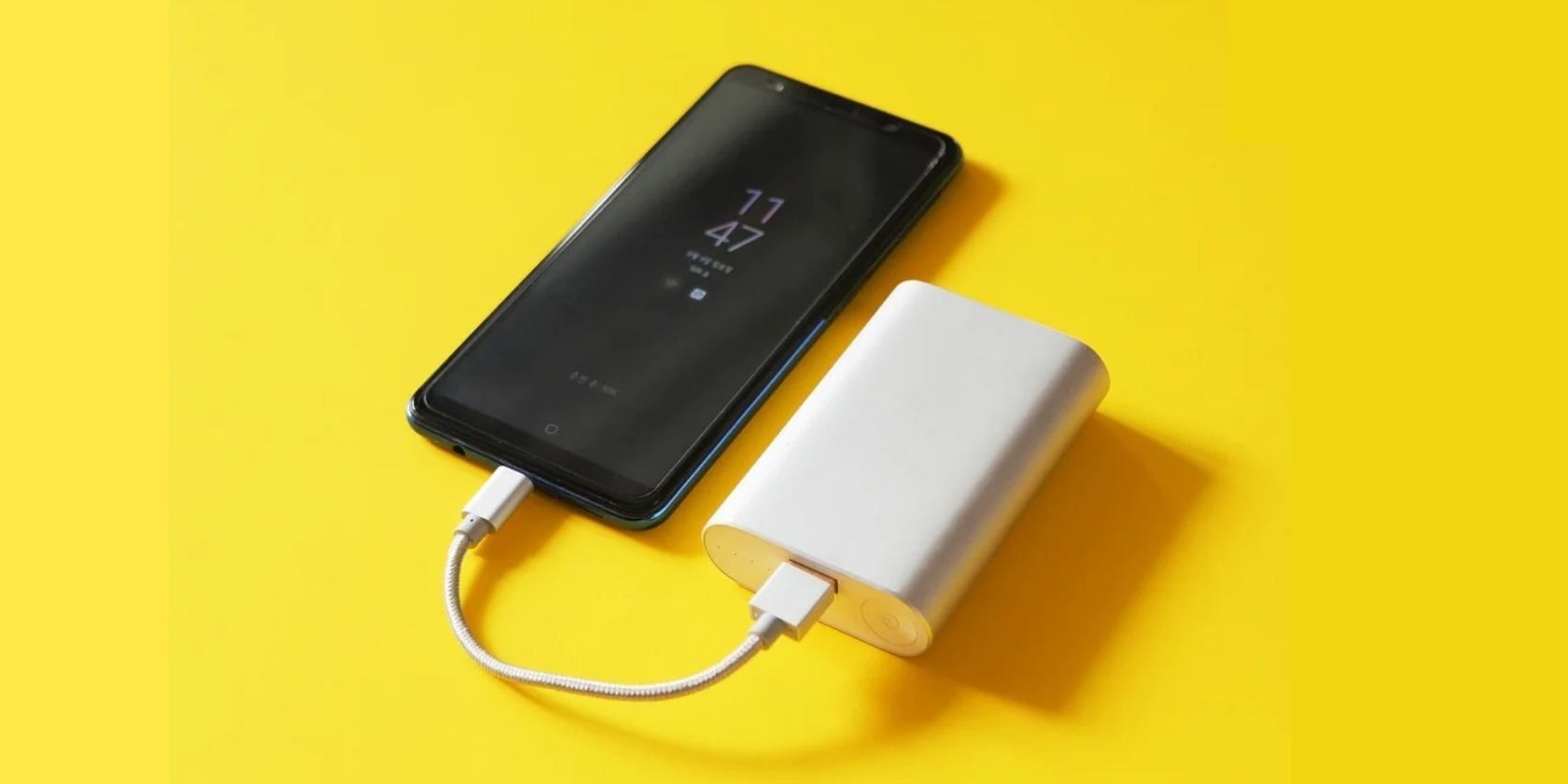The average smartphone user cares more about reliability and not having to deal with problems than getting new features. Unfortunately, smartphones aren't perfect—certainly not Android phones—and can develop issues after a while, if not from day one.
While some brands have better quality assurance than others, all of them receive regular complaints from angry users. Here are the seven most common hardware problems you might face on your Android phone and how to solve them.
1. Overheating
Overheating is a very common problem in smartphones, and there are many things that could be causing it on your device. These include hot weather, faulty manufacturing, the use of incompatible chargers and cables, internal damage, and more.
You might be aware that overheating damages battery health and reduces its overall capacity which eventually leads to quick battery drain. In rare cases, it can even cause your phone to start swelling or injure you.
Follow these tips to avoid overheating:
- Avoid using your phone while it's charging.
- Avoid using your phone in very hot weather.
- Use chargers and cables designed by the manufacturer.
- Don't play graphics-intensive games your phone can't handle.
- Get the battery replaced with a new one.
2. Connectivity Issues
Whether you have a budget phone or a flagship, you will face connectivity issues at some point. This means not being able to make calls, send SMS messages, open webpages, or connect your earbuds or smartwatch to your phone via Bluetooth. Let's address each problem.
If you can't make calls or send SMS texts, that means your phone is out of service. To fix this, turn on Airplane mode for a minute and turn it back off. If ineffective, go to Settings > Connections > SIM card manager and disable your SIM card, wait, and enable it back.
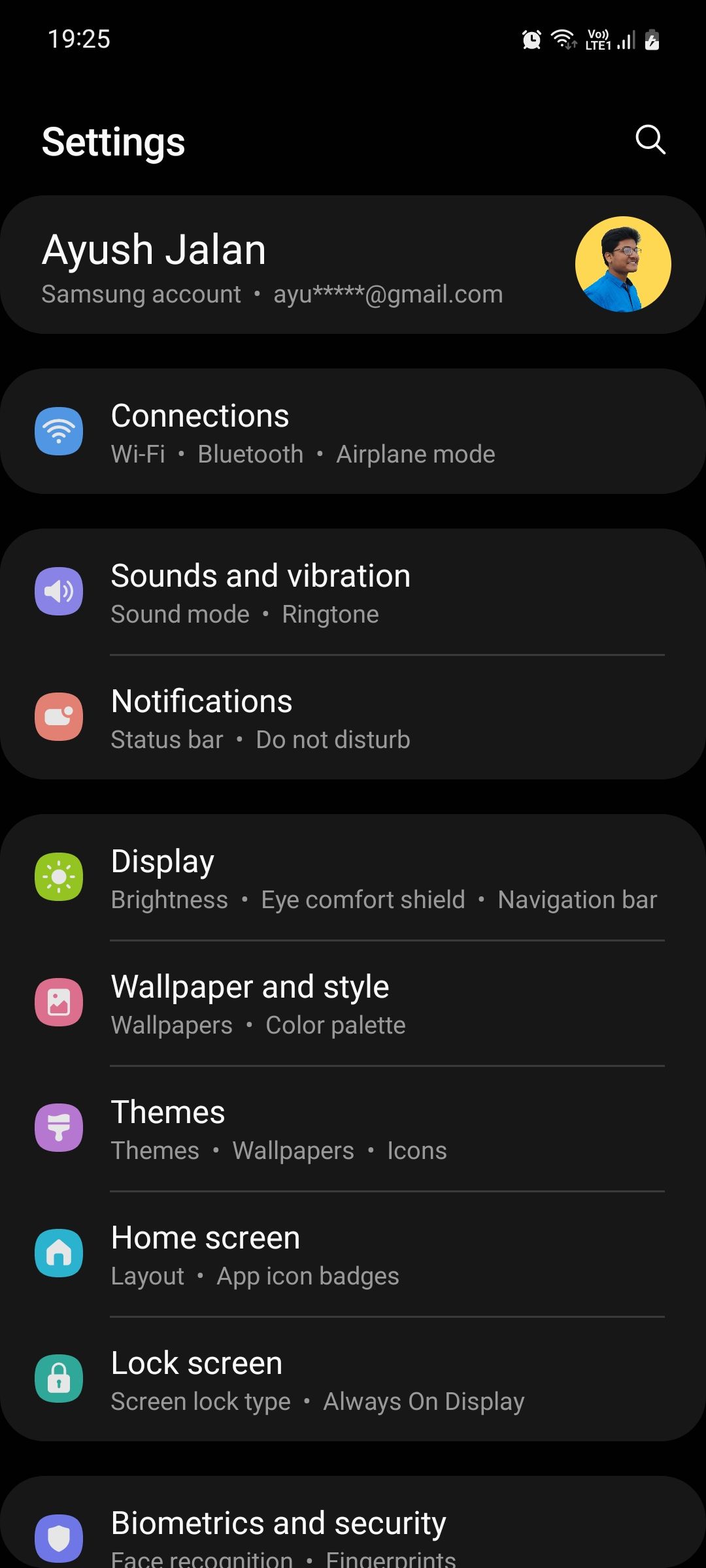
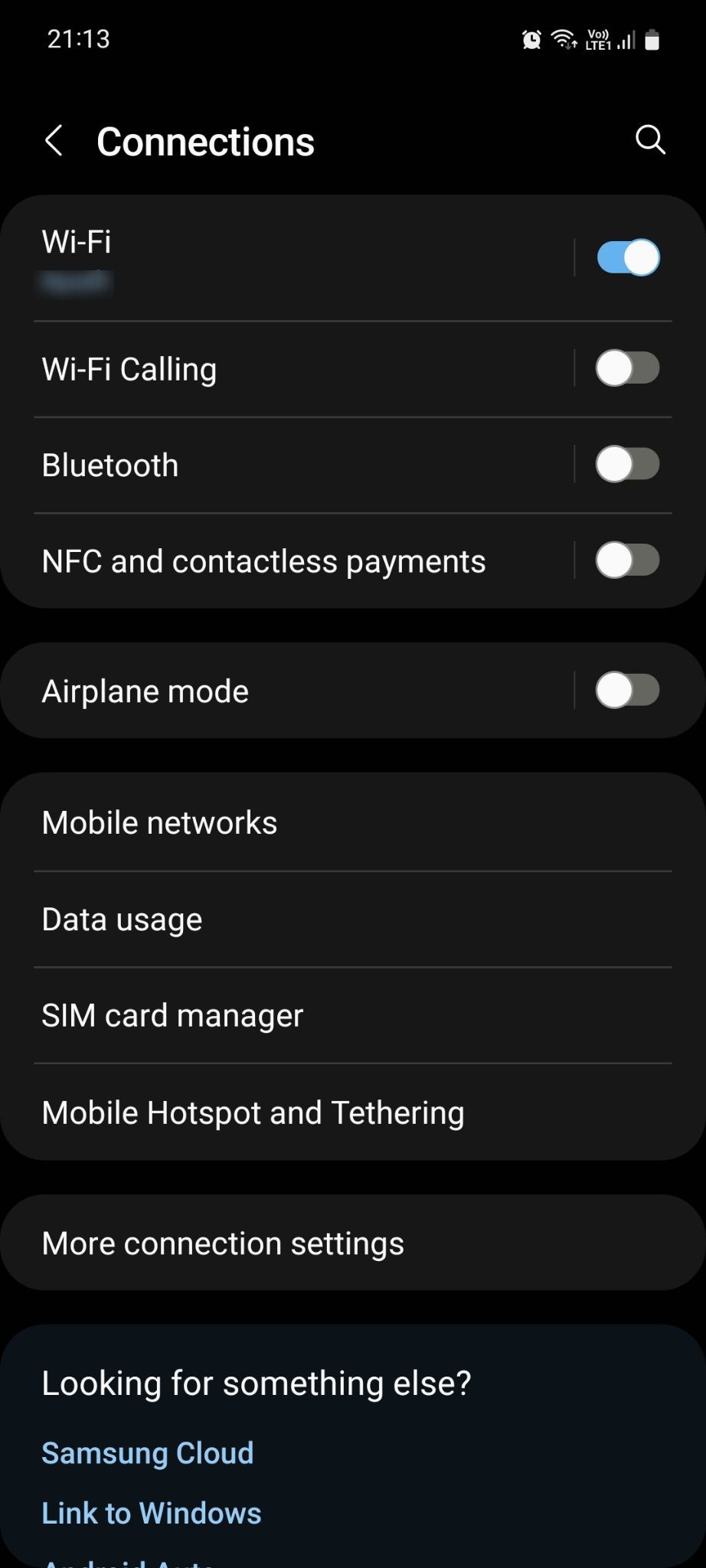
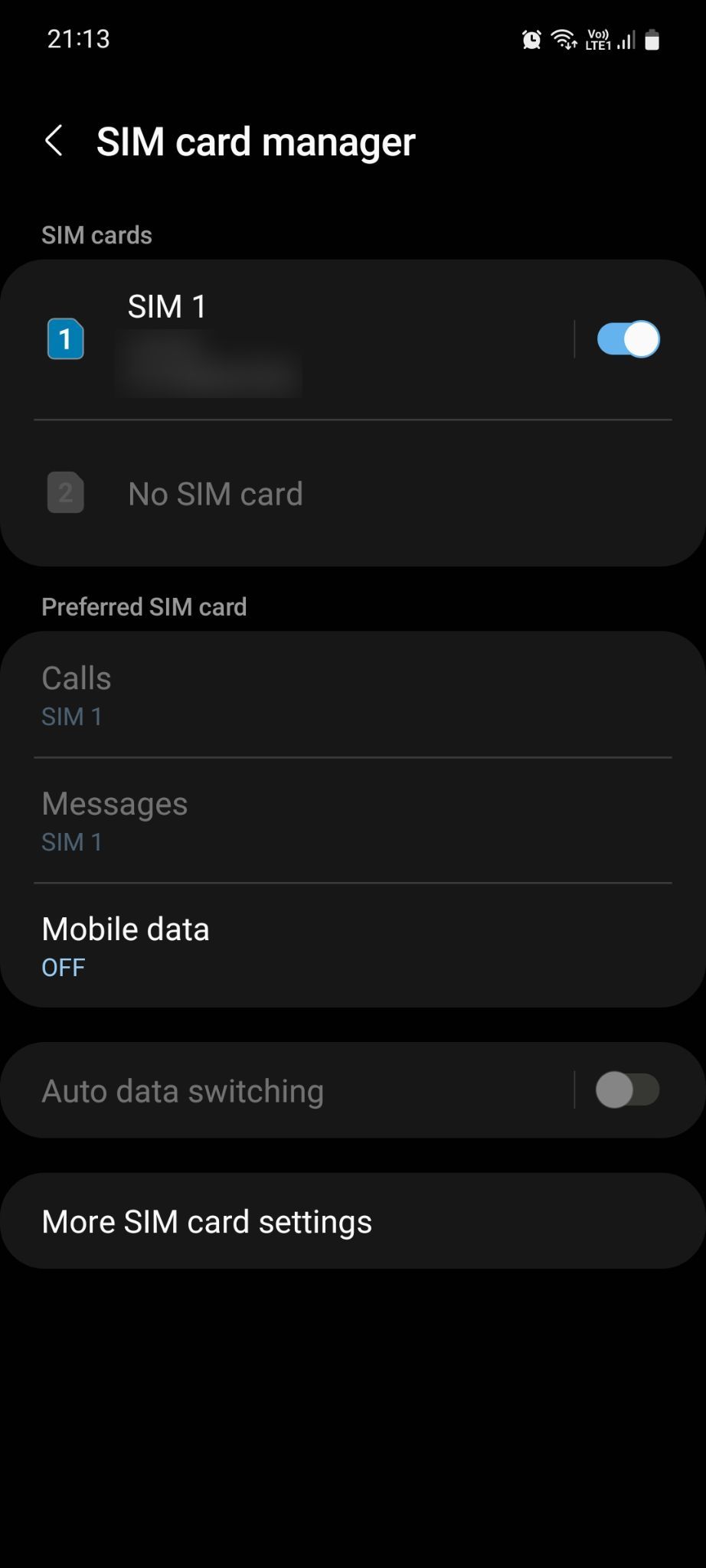
If your Wi-Fi isn't working, go to Settings > Connections > Wi-Fi and tap the settings icon beside your connected network and tap Forget. Tap the same network, type your password, and tap Connect. If the problem persists, you may need to reboot or reset your router.

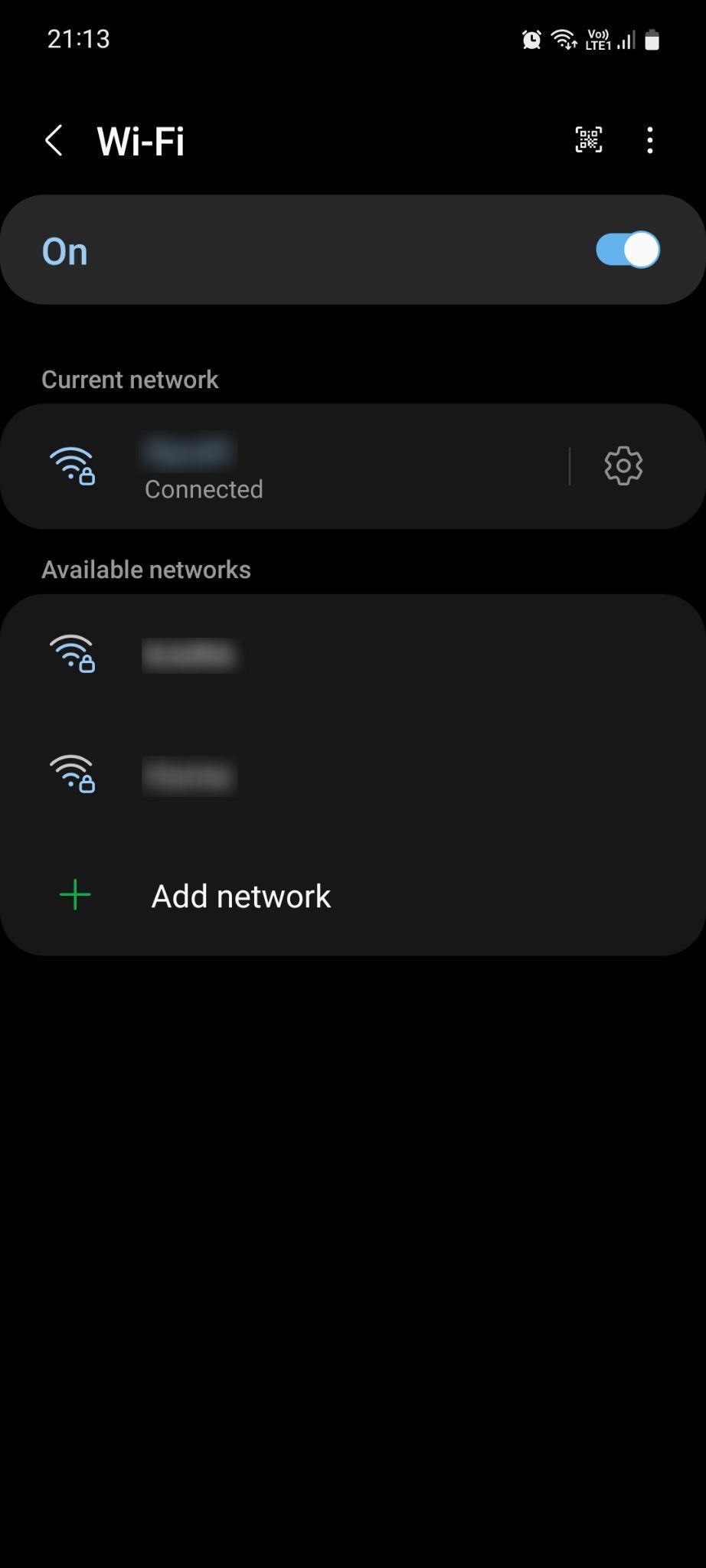
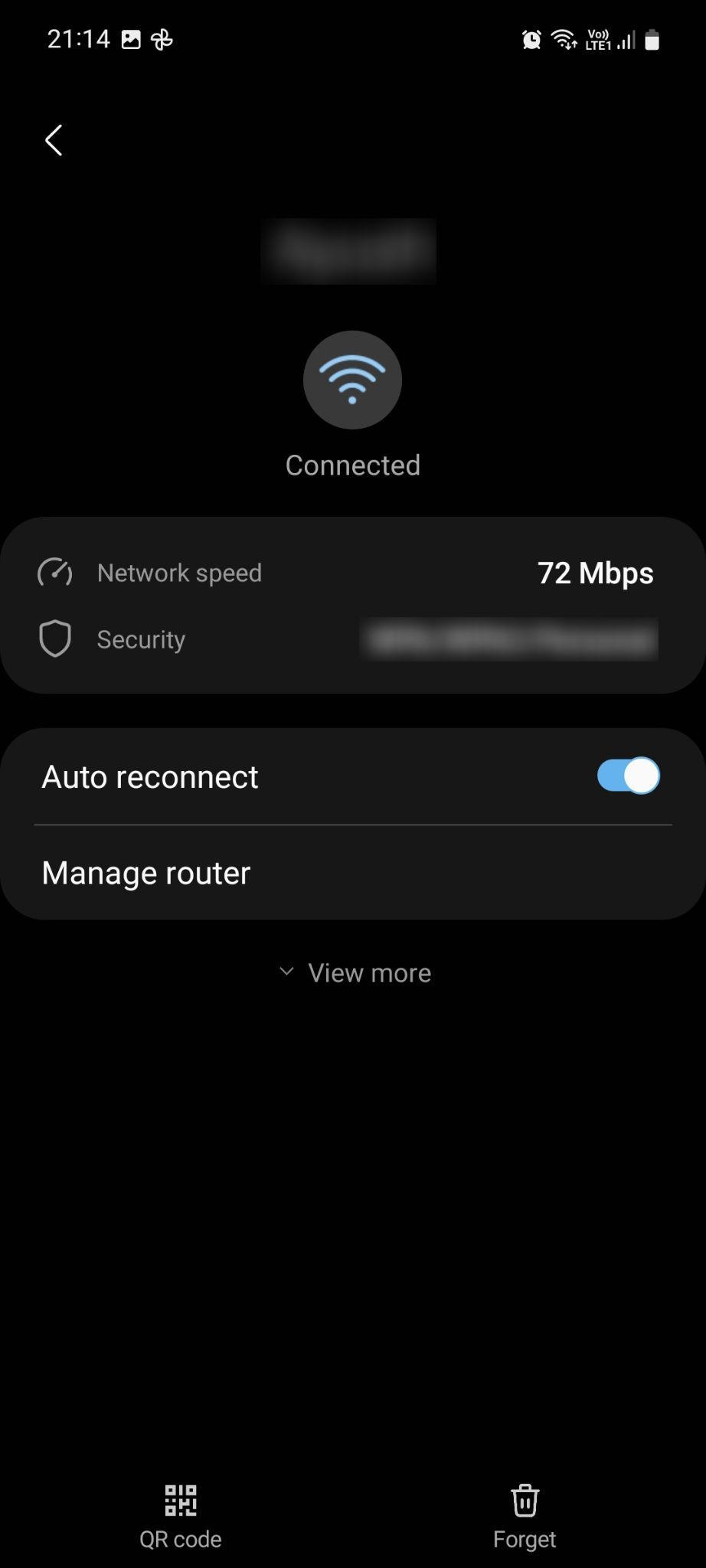
If you can't connect your wireless earbuds, smartwatch, or any other Bluetooth accessory to your phone, go to Settings > Connections > Bluetooth and tap the settings icon beside a paired device and tap Unpair. Now pair the device again the same way you did earlier.

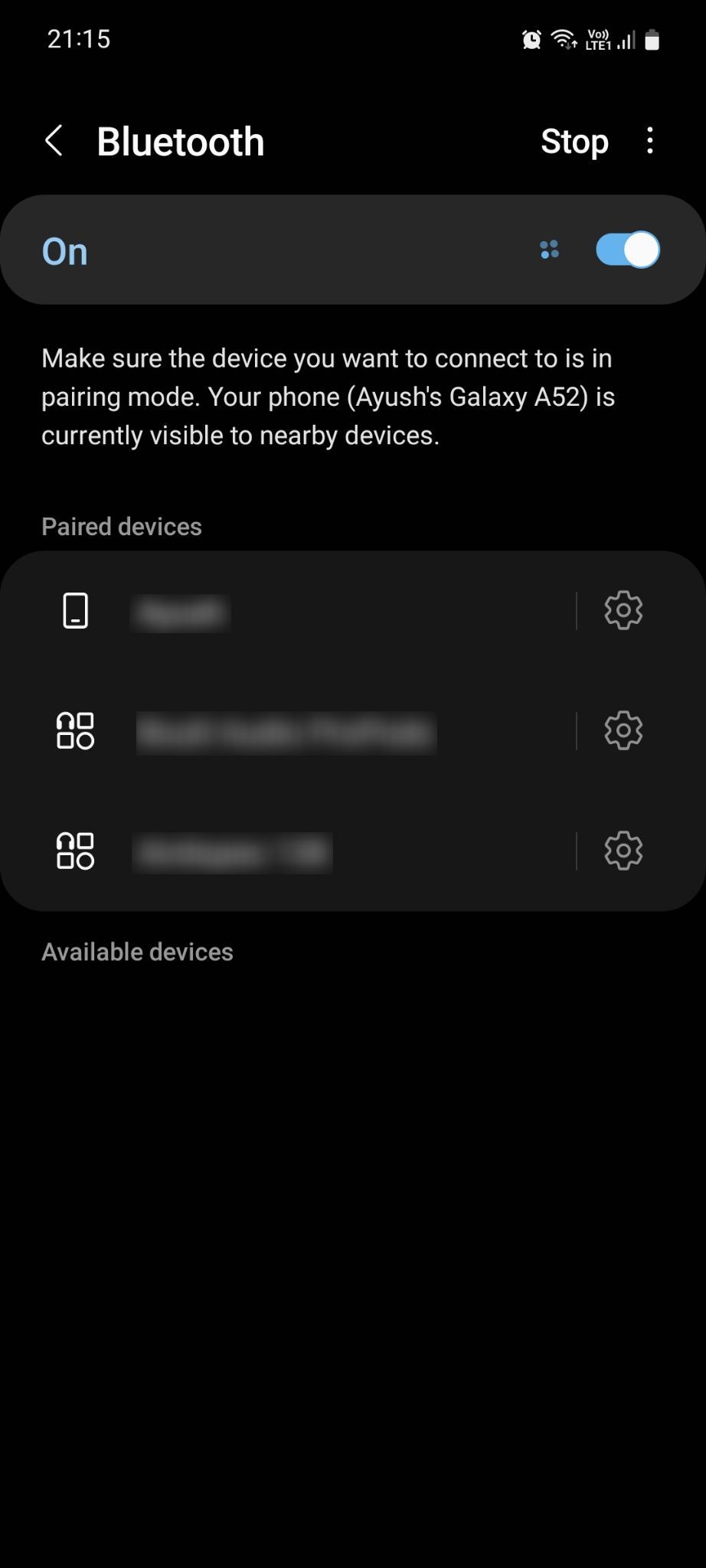

3. Quick Battery Drain
As mentioned earlier, overheating is a key reason for quick battery drain, but it's not the only one. It can also occur if you maximize screen brightness, use 5G, or have a bunch of power-hungry features such as Location and Bluetooth running all the time.
Playing graphics-intensive games can also result in the same, especially if your phone is not optimized to handle the workload. Buggy software can cause this too, so it's wise to check if there's an update available and install it to see if the manufacturer fixed the issue.
You can also follow these tips to extend battery life or get the battery replaced.
4. Unresponsive or Flickering Screen
In most cases, a simple reboot fixes almost all display-related problems such as screen unresponsiveness or flickering. Don't worry, hard rebooting doesn't erase any data; that only happens when you factory reset your device.
To do this, press and hold the power button until your phone restarts; this can sometimes be as long as 20–30 seconds, so don't be alarmed if nothing happens in the first few seconds. On Samsung phones, press and hold the volume down key and power key for a faster reboot.
You can also try other solutions to fix a flickering display. In the worst-case scenario, you might've accidentally downloaded malware that can instantly kill your device.
5. Phone Freezing or Apps Crashing
There can be many reasons why your phone is freezing or crashing apps upon launch. For instance, if the device is really old, it's obvious that its hardware is failing; by that point, you should probably just buy a new Android phone.
Apps can also crash if you've not given them the permissions necessary to operate properly; for instance, a navigation app can't work without access to your location. Your phone can also freeze due to a lack of internal storage, in which case, you should free up some storage space to make sure the OS has enough room to run smoothly.
For more help, check out these solutions to fix crashing apps.
6. Phone Is Not Charging
If your phone is not accepting a charge, it could be because the USB port is dirty, the adapter is damaged, or the cable is worn out or incompatible with your phone. So, cleaning the USB port and buying a new adapter and cable can fix the issue in most cases.
Similarly, if fast charging is not working, it could be because you're using a power bank, multiplug, or extension board instead of plugging the adapter directly into the wall socket.
Other reasons fast charging might not work are that your phone or adapter simply doesn't support it, or the feature is turned off in your phone settings. For more help, try these solutions to fix fast charging not working.
7. Swollen Battery, Broken Screen, and Other Hardware Defects
There are a bunch of other hardware defects that we won't discuss in detail because there's usually nothing you can do to fix them except visit a repair shop. For instance, the only solution to a swollen battery is replacing it with a new one; the same is the case for a broken screen, speaker, or microphone.
There are some unideal solutions to fix phone buttons not working, but in most cases, it's better to get professional help if the problem is too complicated to solve on your own.
Samsung phones enable you to run a full diagnostic test to see what's wrong with it. Doing so checks all the vital hardware and software elements and helps you ascertain the overall condition of our device.
No Smartphone Is Immune to Damage
Some hardware issues can be solved on your own, while others require professional help. If your phone is not in repairable condition, you may end up having to buy a new one.
Our recommendation? Make it a habit to maintain your phone. Smartphones require maintenance just like laptops and desktop PCs; if done right, they will naturally last longer.

